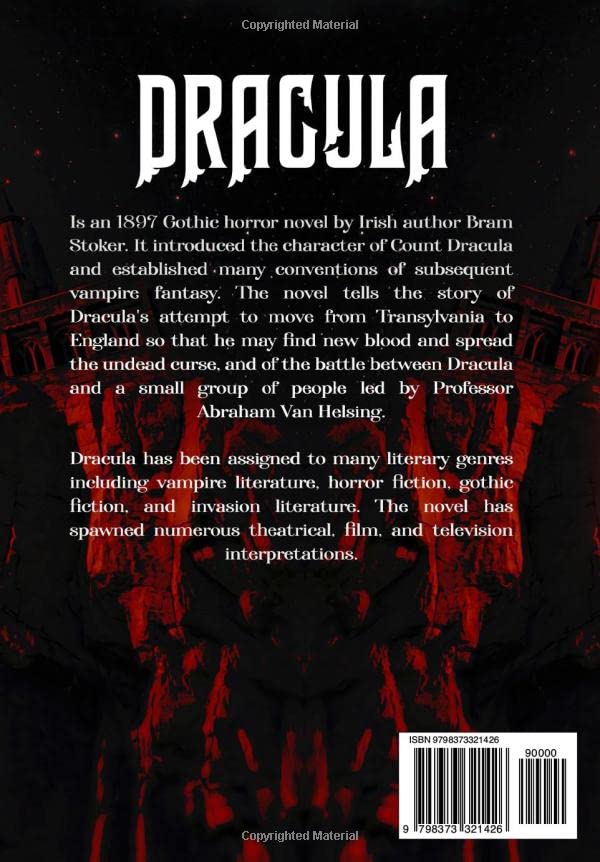Customer Services
Customer Support

Desert Online General Trading LLC
Warehouse # 7, 4th Street, Umm Ramool, Dubai, 30183, Dubai
Copyright © 2025 Desertcart Holdings Limited



Dracula: The Original 1897 Edition (A Bram Stoker Classic Novel)
Trustpilot
2 weeks ago
1 week ago
2 months ago
4 days ago